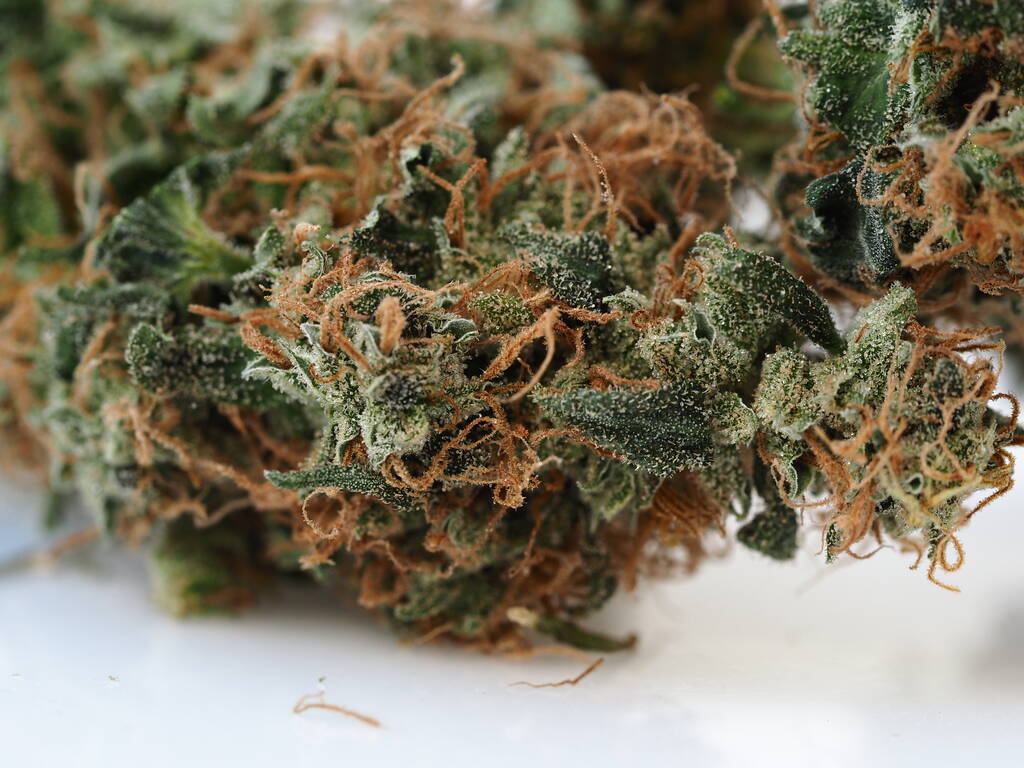Michigan is distributing nearly $100 million to 302 entities and tribes as part of the Michigan Regulation and Taxation of Marijuana Act.

A total of 108 cities, 36 villages, 80 townships, and four tribes will receive payments exceeding $58,200 for each licensed retail store and microbusiness within their jurisdictions.
The funds are sourced from the Marihuana Regulation Fund, which receives revenue from the state’s 10% excise tax on adult-use marijuana sales and other associated fees. In the 2024 fiscal year, more than $331 million was available for distribution. This includes over $116 million allocated to the School Aid Fund for K-12 education and another $116 million directed to the Michigan Transportation Fund.
“Starting this week, my team will begin to distribute adult-use marijuana payments to Michigan’s local units of government and tribal partners,” said State Treasurer Rachael Eubanks in a press release. “The dollars received from the adult-use marijuana taxes and fees go toward schools, roads and back into Michigan’s neighborhoods. Local entities and tribes can spend these dollars however they deem fit for their needs.”
Cannabis Regulatory Agency (CRA) Executive Director Brian Hanna said “Municipalities, counties, and tribes certainly benefit from their local cannabis businesses in many ways, including good-paying jobs, community involvement, and increased revenues for important priorities in their budget. This portion of the excise tax revenue makes a direct impact in the communities where our licensees work and live.”
Michigan voters legalized marijuana in 2018, with the first licensed retail outlets opening the following year. Adults 21 and older may legally possess up to 2.5 ounces of marijuana and 15 grams of marijuana concentrate. Sales of recreational marijuana are subject to a 10% excise tax, in addition to the state’s 6% sales tax.
The state distributes marijuana tax revenue as follows: 15% to local governments hosting marijuana businesses, 15% to counties and municipalities, 35% to the School Aid Fund, and 35% to the Michigan Transportation Fund. Remaining funds support substance abuse treatment and law enforcement training programs.
Legal marijuana sales in Michigan reached $3.1 billion in 2024, reflecting the industry’s continued growth.






